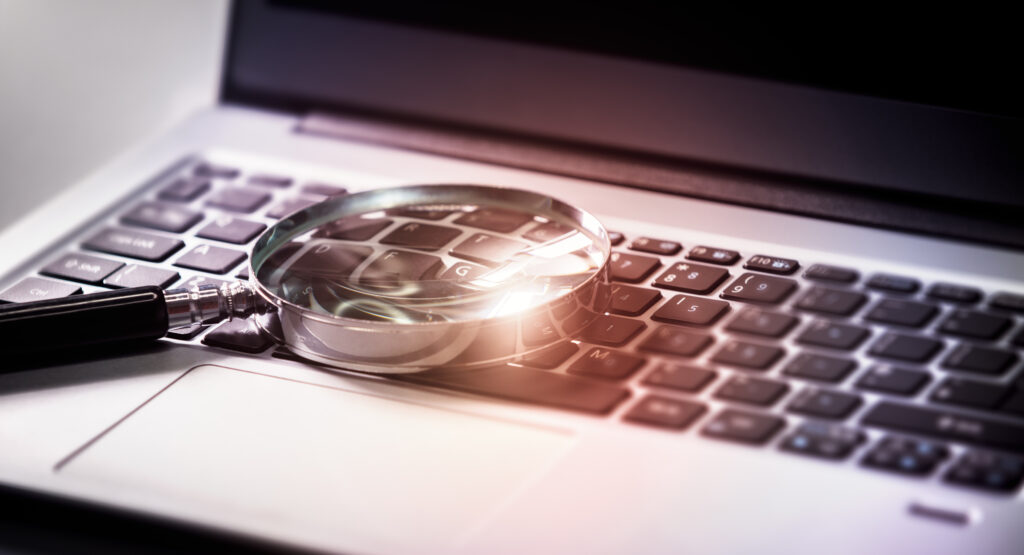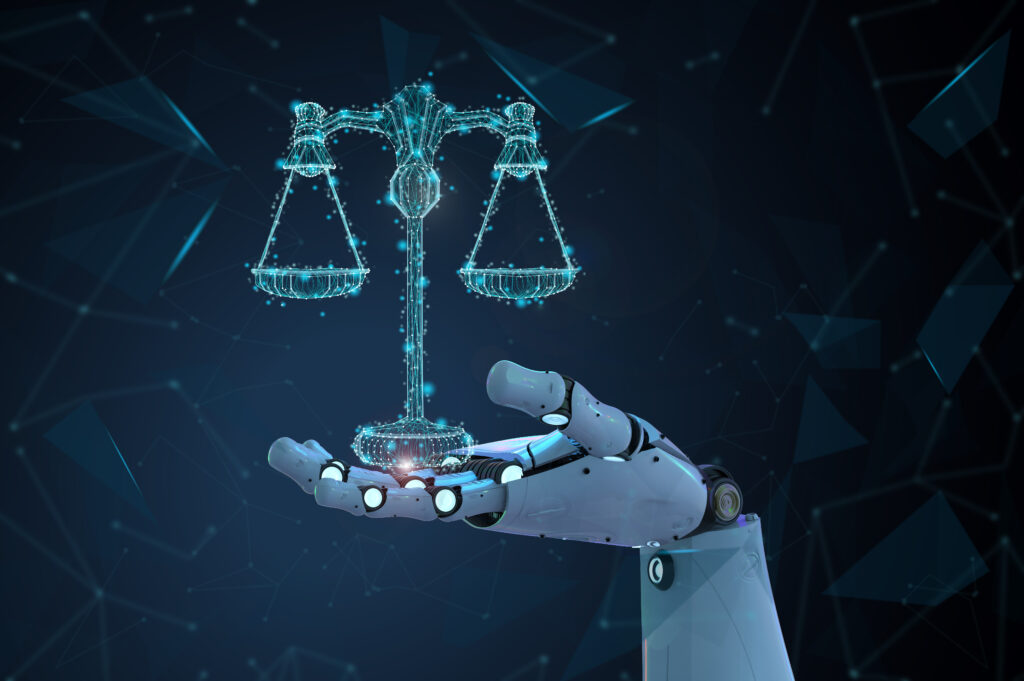Court cases aren't quite what they used to be in this new era of social media. The legal system no longer unfolds behind closed doors. Instead, hot cases blow up into a spectacle of entertainment for the public. Trials are live streamed, details are discussed in Reddit threads, and viral TikTok theories play out on millions of screens—shared, commented on, dissected, and even distorted by self-appointed "armchair detectives."
These amateur sleuths, coming in the form of true crime fans, social media influencers looking for content, and even everyday internet users, are reshaping how court cases (particularly criminal cases) are perceived, shared, and even investigated. Sometimes it's helpful...sometimes it's harmful. While some have helped shine a light on long-cold cases or stopped crime in its tracks, others have contributed to misinformation, online harassment, and even threats to fair trials.
What happens when a case spirals out of control and the entire world becomes your jury? What can you do to prevent such a thing? Let's take a closer look at this interesting cultural phenomenon and its implications for the legal system together.

What even is an armchair detective?
To define it for you, an armchair detective is someone who investigates crime informally, often from the comfort of their own home (or armchair). The first armchair detective is considered to be Edgar Allan Poe's fictional character of C. Auguste Dupin, who was not a professional detective and solved crimes solely through newspaper articles. In today's world, armchair detectives mainly research crimes and court cases on the internet.
For content creators, famous court cases are like a never-ending wealth of content. YouTubers are quick to recreate crime scenes or construct minute-by-minute timelines in long-form videos. TikTokers will break down court footage into easy-to-digest clips or analyze body language of those in the courtroom. Reddit is the perfect forum for back-and-forth discussions while news and theories circulate quickly on X. Long gone are the days of reading about crimes in the newspapers; we're more connected than ever and ordinary people are taking it upon themselves to solve these problems as if they were professionals.
As for their motives...it can range from sincere curiosity to clout-chasing for clicks. C. Auguste Dupin merely did it for his own entertainment (though money did become a motivation in a later story). The big difference is that in this day and age, everyone has a platform that gives them a voice...and sometimes those voices get extremely loud in cases that haven't even made it to trial yet.

The Help.
Documentaries, podcasts, Netflix dramatizations...the boom in content covering true crime or celebrity court cases has turned real-world cases into binge-worthy content. No more are viewers simply consuming stories; they've become part of them as they take it upon themselves to conduct their own "investigations" from their couches and form their own strong opinions about guilt or innocence.
However, we can still give credit where it's due. There have been notable moments where online communities provided valuable assistance, such as...
The Gabby Petito case: TikTok users and true crime enthusiasts helped analyze social media posts and travel footage, with one YouTuber submitting dashcam footage of Gabby Petito's van, ultimately aiding law enforcement in locating her body.
The case of Kara Kopetsky and Jessica Runions: Internet sleuths kept this case from going cold for years until new evidence and renewed pressure contributed to an arrest.
Crowdsourced identification efforts: Sometimes, the viral spreading of news can assist in locating suspects, even with a single picture or blurry video. However, sometimes these can devolve into a witch hunt that spreads misinformation, which brings us to...
The Harm.
In high-profile cases, the tide of online speculation can quickly turn into accusations and become a sort of "trial by internet" before lawyers and judges have even had a chance to be assigned to the case.
One recent case that exploded across social media was the University of Idaho murders in 2022. As investigators worked to find the perpetrator, armchair detectives flooded social media with theories, leaked unverified information, and speculated wildly about possible suspects.
The result? Innocent people who were already traumatized from the horrible tragedy were harassed online and had their personal information leaked. False leads were amplified on mere whims, potentially slowing the real investigation. Juror impartiality became a major concern and attorneys feared that the media frenzy could impact voir dire and trial fairness as more leaks happened in the weeks leading up to the trial, despite the gag order that was in place.
While gag orders, sealed affidavits, and controlled press releases are intended to preserve trial integrity, leaks and speculation often outpace official channels, raising urgent questions about how the legal system can respond in this fast-moving digital world.

What Legal Professionals Can Do
Can a defendant get a fair trial when millions have already judged them? How should courts handle jurors who have consumed case commentary on social media? Do lawyers have an obligation to manage public perception in parallel to legal proceedings? There are no easy answers yet, but one thing is clear...our justice system must evolve to meet the realities of modern media.
If you yourself are involved in a sensitive, high-profile case or looking to prepare in the instance that happens to you, there are steps that can be taken. Be sure to educate your clients early about the risks of engaging with social media during a case. Be proactive about court orders that limit media exposure, including protective orders and gag orders. Take time to monitor social media sentiment as part of your case prep (or potential crisis management plan) to see what the public opinion might be. Jurors on the case should be screened thoroughly for prior exposure to media coverage or online speculation.
Finally, stay informed on the latest social media laws and evolving privacy issues to the best of your ability—and know that PBI strives to do just that by bringing you timely CLE that covers subjects important to you.

The rise of the armchair detective reflects a shift in society and a truth: people no longer want to watch. They want to participate. For better or worse, this has had an effect on the justice system, where courtrooms collide with comment sections and legal facts face off with viral videos.
For attorneys, that means entering into uncharted waters. As technology continues to evolve and new platforms emerge, the legal profession will need to stay agile, ethical, and vigilant to have a chance of keeping up.
After all, the jury is still out on where we go from here.


